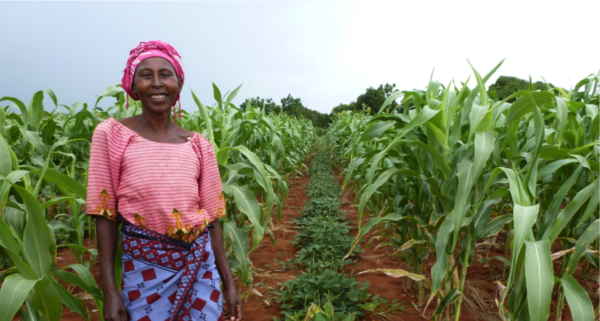The SVRG approach is grounded in community engagement and human centred design, to ensure the systems we install bring real, lasting benefit. Unfortunately, due to language barriers, we are unable to run focus groups ourselves, but rely on our in-country partners to assist with translation, or with running the entire group following training. Our translators have been fantastic in helping us understand the community needs and benefits, but we do occasionally get amusing miscommunications, through no fault of any of the people involved, which adds additional challenges. For example, the local words for electricity and light can be used somewhat interchangeably in both Somaliland, and in Tanzania. This makes it extremely important that the translator is well-versed in both languages to identify potential miscommunications, and understands the aims of the focus groups to clarify appropriate points.
In Tanzania, the language barrier is doubled, as the Maasai communities in which we work speak their own tribal language – maa. The country is educated in Swahili and English, but some of the older generations in this community do not speak anything other than maa. By partnering with an NGO with roots in the Maasai community, many of their employees are able to speak maa, although it is clear that they are much more comfortable speaking in Swahili. Finding a Swahili-English translator is relatively straightforward in any city, or even online. Finding a Maa-English translator with significant mastery in both languages is extremely rare, which is why we are so lucky that Martin (The head of OMASI, our partner NGO), helped fund the education of so many of the community members, so they are able to engage with both us and the rural communities.

Using two translators (English-Swahili, followed by Swahili-Maa) was something we unfortunately were forced to do one occasion, resulting in significant information loss during translation and making the whole process highly confusing (a 10 sentence maa discussion, would yield only a single English sentence, following the Chinese whispers translation process). The translators did a great job of a tricky situation, but it highlighted the importance of fully briefing translators before a focus group to make sure they understand the concepts and questions we are trying to put across, and the importance of translating sentence by sentence, pausing the community member if necessary.
When it comes to actually running the focus groups, sometimes the voting methods themselves are beyond the grasp of the local community members with limited schooling background. For example, in our service value method, participants are asked to allocate 20 points between the various services based on importance. We’ve found that even counting to 20 is a real struggle for some of the more elderly community members, and have to adapt the voting method depending on the participant group.
Despite these challenges, persevering with effective community engagement is essential for any project to be sustainable, in order to ensure that the community’s needs are correctly identified and addressed in the chosen system implementation.








